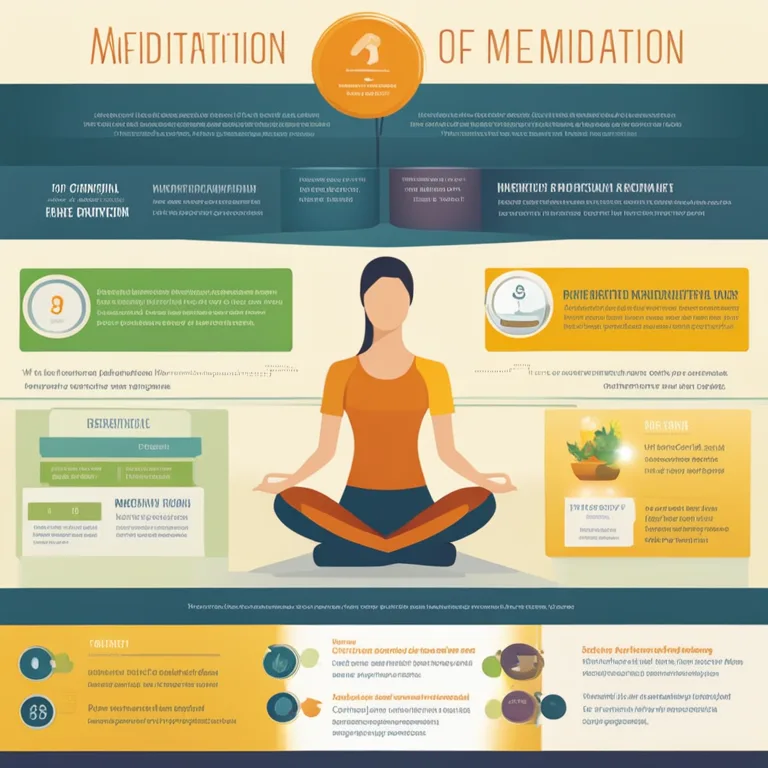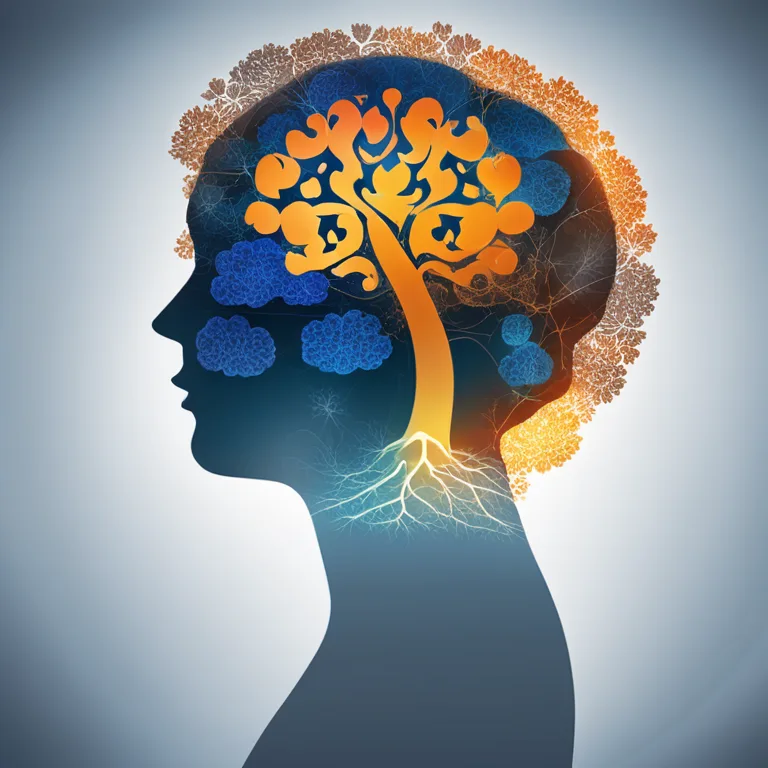
The Essence of Meditation Techniques in Modern Psychology
Delve into the defining characteristics of meditation techniques and their psychological impact in the contemporary era.
article by Hina Kurosawa
Meditation in Psychological Context
Modern psychology recognizes meditation as a powerful tool for enhancing mental well-being. Meditation involves engaging in mental exercises to achieve a heightened state of awareness and focused attention. Psychological research has shown that consistent meditative practices can lead to significant improvements in a range of cognitive and emotional areas, including stress reduction, increased emotional regulation, and improved concentration. This article examines the core meditation techniques and their relevance within the psychological framework, particularly their transformative potential in personal growth and self-awareness.

Types of Meditation Techniques
There are several meditation techniques, each with unique attributes that cater to diverse preferences and goals. Mindfulness Meditation, anchored in present-moment awareness, encourages an observational, nonjudgmental stance toward one's experiences. Transcendental Meditation utilizes mantras to transcend ordinary thinking and reach a state of pure consciousness. Guided Meditation taps into the power of visualization and the guidance of an instructor to lead practitioners through a meditative experience. These various techniques all share the common goal of fostering deeper levels of mental clarity and relaxation.

Scientific Evidence and Applications
Contemporary studies in psychology have documented meditation's positive effects on the brain, such as increased gray matter density and bolstered connectivity between different regions. These neural changes correlate with enhanced memory, better emotional regulation, and decreased reactivity to negative stimuli. Meditation is now incorporated into several therapeutic approaches, including Mindfulness-Based Stress Reduction (MBSR) and Mindfulness-Based Cognitive Therapy (MBCT), showcasing its applicability and versatility in clinical settings.

Meditation's Role in Stress and Anxiety
The role of meditation in managing stress and anxiety has become particularly important in our fast-paced world. By cultivating a calm and accepting mindset, individuals can mitigate the physiological impacts of stress. Techniques such as deep breathing and body scan foster relaxation, which combats the fight-or-flight response, reducing cortisol levels and promoting a restorative state that is essential for long-term health and wellness.

Enhancing Self-Perception and Worldview
Beyond its soothing effects, meditation can alter self-perception and worldview. Engaging in reflective practices like Loving-Kindness Meditation expands empathy and strengthens connections with others, fostering a sense of community and shared humanity. As meditation deepens insight into one's thought patterns and behaviors, it facilitates a greater understanding of oneself and promotes compassionate attitudes toward others' experiences.
Meditative Practices for Personal Development
Meditation is increasingly seen as a tool for personal development. By helping individuals establish a deeper connection with their internal states, meditation fosters self-awareness and intrinsic motivation, which are critical components of personal growth. Incorporating meditation into daily routines can help people better align their actions with their values and goals, leading to a more purposeful and satisfying life.
Published: 1/8/2024
Modified: 1/8/2024
More predictions
Come back here soon to learn more about yourself and your future


Mastering Japa Meditation Practices
Discover the serene art of Japa Meditation and elevate your spiritual journey through chanting and mindfulness.


Meditation Techniques For OCD
Mindful practices to help manage Obsessive-Compulsive Disorder symptoms effectively through meditation.


Meditation Techniques to Soothe OCD
Discover meditation practices designed to help manage OCD symptoms through mindful awareness and relaxation.